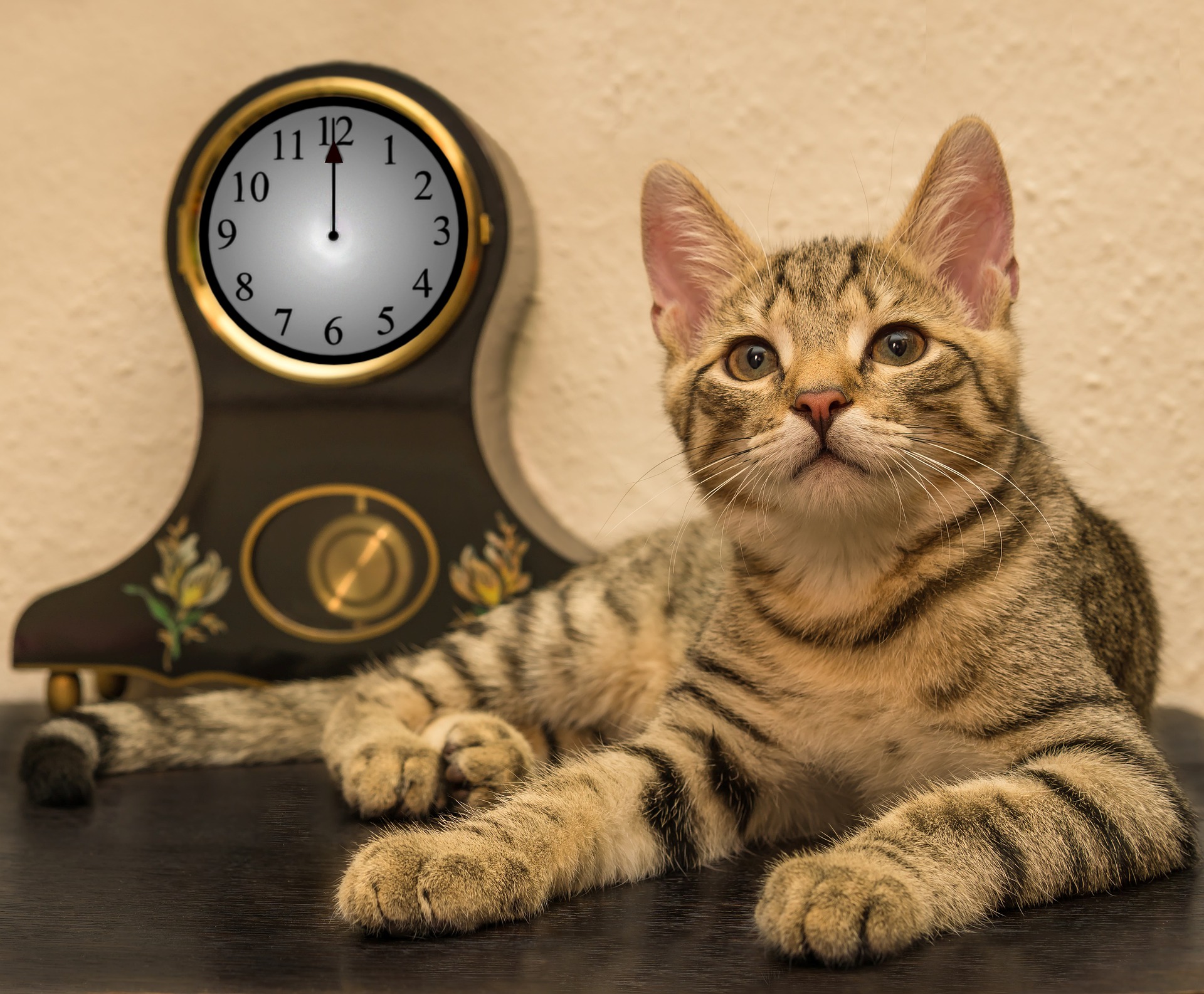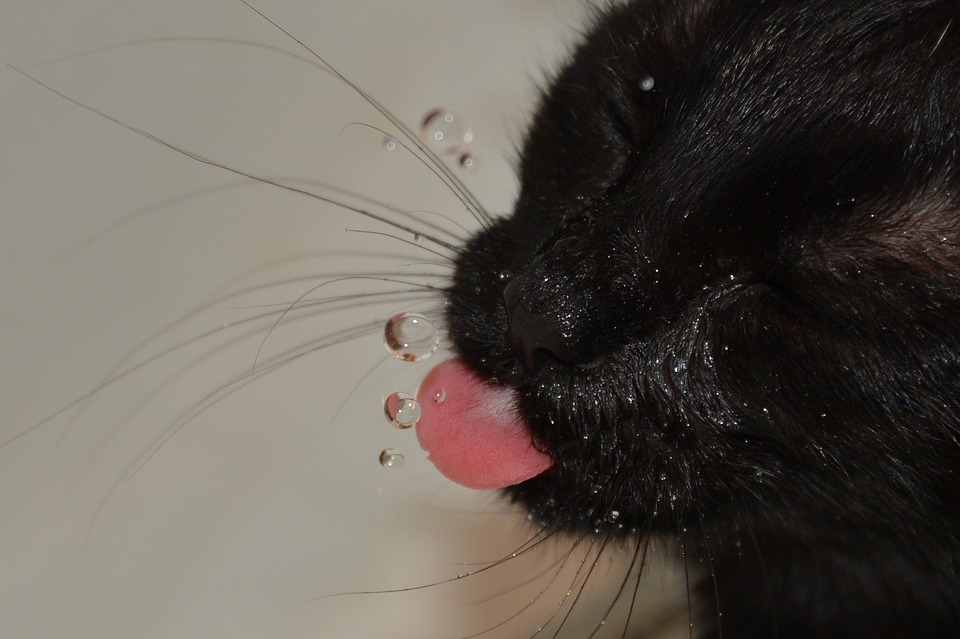‘How much are you feeding your pet?’ is a common question you’ve likely heard when your dog or cat has a visit to the veterinarian. But how accurate is the answer you might be giving?...
Bilious vomiting syndrome is a term sometimes used to describe a condition where dogs vomit yellow fluid or froth but not food after not eating for a long period of time (which for most...
While you may have heard before to not feed grapes or raisins to your dogs for fear of kidney damage, the reason why they can be so toxic has been a mystery. However, recently...
Is there a “best” schedule for feeding pets? This is a common question, so we’ve provided some general guidelines to help you find the best fit for your household.
Getting cats to drink more water can seem like an impossible task, but this article includes some of the tips and tricks we have used to increase water intake in cats who need it.
Though not necessary for most pets, incorporating a broth into the diet can be a way to provide added moisture to pets that need it or as a low calorie treat.
We've previously talked about protein in commercial pet foods and home-cooked diets. Typically, our focus is meeting your pet’s biological needs. However, you may have heard friends, dog trainers, or even veterinarians talking about feeding...
Food is a common and powerful reward used for training pets. However, excessive treats can lead to weight gain and unbalance the diet. We discuss alternatives to food rewards as well as how to use...
The COVID-19 outbreak has understandably thrown ours and our pets’ lives into flux. We of the Clinical Nutrition team are here to help provide some answers to help keep you and your pet safe.
There is no ‘one-diet-fits-all’ approach to diabetes: body condition, pet preferences, and other diseases or medical conditions will guide the best diet for a dog with diabetes. Though there are some differing approaches for optimal...










